Today, it is more common than ever before for dentists to go back to school for advanced degrees. Why? Until the 1990s, most doctors were content to have only one advanced degree and never step foot in a school again. So why are so many individuals going back to school for advanced degrees, and is advanced education really worth the effort?
Many doctors viewed the idea of continued learning more as a need, rather than a desire, to become more educated as clinicians, educators and/or leaders. This obviously has become a reality. Then with the coming of state-required mandatory C.E. credits for licensure, Internet courses began springing up, and schools and private institutions viewed this as a new way of increasing revenue.
In 2002, 22 dental schools offered dual-degree programs. Dental schools in the United States and Canada were not encouraging potential dental scientists to follow career paths that dental education desperately needed; some dental students view dentistry only as a technical discipline, while others who are interested in teaching and research careers might pursue research degrees (PhD).
Today in 2016, almost all postgraduate orthodontic programs range from two to four years in duration; some offer certificates in orthodontics, and others confer MS and/or PhD degrees. With the progressive emphasis on evidence-based dentistry and the ongoing shortage of dental faculty, dental schools became instrumental in training future dental faculty.
Some dental schools offer clinical and graduate training concomitantly, but there are far more institutions where research training is not a priority or an easily accessible option. A concept of “dental scientist” has been described for individuals who have completed fundamental dentistry as well as rigorous formal research education leading to the PhD degree.
Adult education popularity has definitely become a reality. The need for continuing education with regard to adults in general, but especially working professional adults, is going to become even more pervasive in the future; it is more than just an intellectual exercise.
With the demand for education for adults, it is important for administrators to know how to plan for, market and accommodate this student population.
A key challenge for program planners will be to match organizational goals, delivery methods and institutional policies with the actual educational needs of adult students.
Thus, alea iacta est, the die has been cast for dentists to earn multiple graduate degrees but how, when and why?
Anaesthesia policy in dentistry is an increasingly controversial topic. Sedation and anaesthesia failures can lead to patient injury, and deaths have made ...
With its unquestionable similarities to the natural tooth, the appeal of zirconia implants continues to revolutionize implantology practice across the ...
CHICAGO, US: Dentistry is undergoing a generational and gender shift. As highlighted in The U.S. Dentist Workforce, a new report from the American Dental ...
Still in the early stages of the new millennium, we are in an era of dentistry and orthodontics where more accurate diagnoses are possible thanks to ...
SAN DIEGO, Calif., USA: A chemical compound associated with allergies in dental professionals has been announced Allergen of the Year by the American ...
SAN FRANCISCO, US: The migration of myriad dental services on to the cloud is one of the major dimensions of transformation occurring in dentistry. A key ...
When was the last time you built something? I mean really built something, anything from scratch? Do you think you can do it? Do you have the tools to do ...
Part I: Background of orthodontic education from 1000 BC to 1727: Orthodontics dates back to 1000 BC (Proffit, Fields, & Sarver, 2007). Proffit et al. ...
Robotic surgery has been a mainstay of the medical community for more than 20 years. Dentistry has been late to the party! With the introduction of the Yomi...
Wow, what a fast, fun-filled year and a half it has been since incorporating E4D CAD/CAM dentistry into my practice. I can say without a doubt that I ...
Live webinar
Tue. 24 February 2026
1:00 PM EST (New York)
Prof. Dr. Markus B. Hürzeler
Live webinar
Tue. 24 February 2026
3:00 PM EST (New York)
Prof. Dr. Marcel A. Wainwright DDS, PhD
Live webinar
Wed. 25 February 2026
11:00 AM EST (New York)
Prof. Dr. Daniel Edelhoff
Live webinar
Wed. 25 February 2026
1:00 PM EST (New York)
Live webinar
Wed. 25 February 2026
8:00 PM EST (New York)
Live webinar
Tue. 3 March 2026
11:00 AM EST (New York)
Dr. Omar Lugo Cirujano Maxilofacial
Live webinar
Tue. 3 March 2026
8:00 PM EST (New York)
Dr. Vasiliki Maseli DDS, MS, EdM



 Austria / Österreich
Austria / Österreich
 Bosnia and Herzegovina / Босна и Херцеговина
Bosnia and Herzegovina / Босна и Херцеговина
 Bulgaria / България
Bulgaria / България
 Croatia / Hrvatska
Croatia / Hrvatska
 Czech Republic & Slovakia / Česká republika & Slovensko
Czech Republic & Slovakia / Česká republika & Slovensko
 France / France
France / France
 Germany / Deutschland
Germany / Deutschland
 Greece / ΕΛΛΑΔΑ
Greece / ΕΛΛΑΔΑ
 Hungary / Hungary
Hungary / Hungary
 Italy / Italia
Italy / Italia
 Netherlands / Nederland
Netherlands / Nederland
 Nordic / Nordic
Nordic / Nordic
 Poland / Polska
Poland / Polska
 Portugal / Portugal
Portugal / Portugal
 Romania & Moldova / România & Moldova
Romania & Moldova / România & Moldova
 Slovenia / Slovenija
Slovenia / Slovenija
 Serbia & Montenegro / Србија и Црна Гора
Serbia & Montenegro / Србија и Црна Гора
 Spain / España
Spain / España
 Switzerland / Schweiz
Switzerland / Schweiz
 Turkey / Türkiye
Turkey / Türkiye
 UK & Ireland / UK & Ireland
UK & Ireland / UK & Ireland
 International / International
International / International
 Brazil / Brasil
Brazil / Brasil
 Canada / Canada
Canada / Canada
 Latin America / Latinoamérica
Latin America / Latinoamérica
 China / 中国
China / 中国
 India / भारत गणराज्य
India / भारत गणराज्य
 Pakistan / Pākistān
Pakistan / Pākistān
 Vietnam / Việt Nam
Vietnam / Việt Nam
 ASEAN / ASEAN
ASEAN / ASEAN
 Israel / מְדִינַת יִשְׂרָאֵל
Israel / מְדִינַת יִשְׂרָאֵל
 Algeria, Morocco & Tunisia / الجزائر والمغرب وتونس
Algeria, Morocco & Tunisia / الجزائر والمغرب وتونس
 Middle East / Middle East
Middle East / Middle East



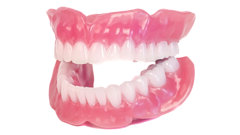
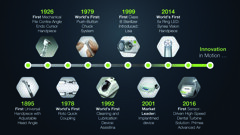






















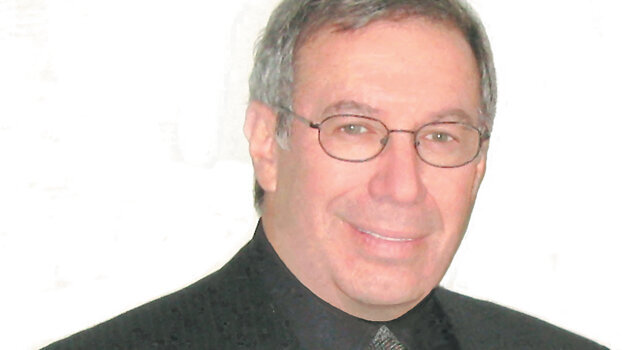



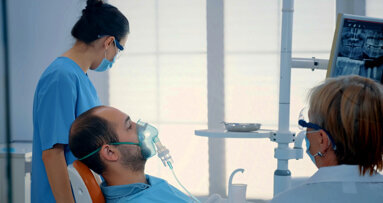
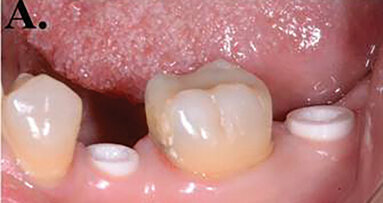

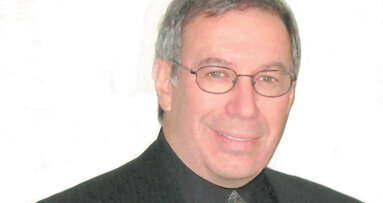

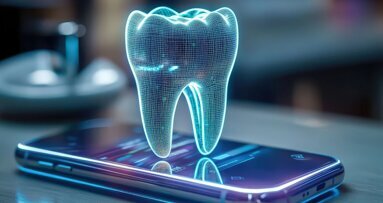


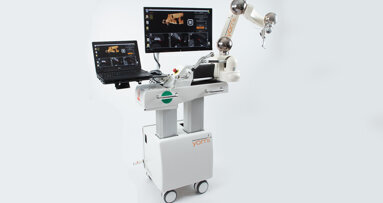
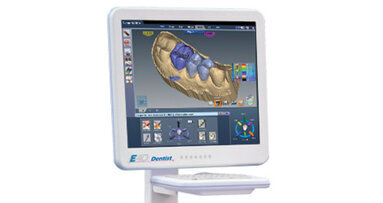
















To post a reply please login or register